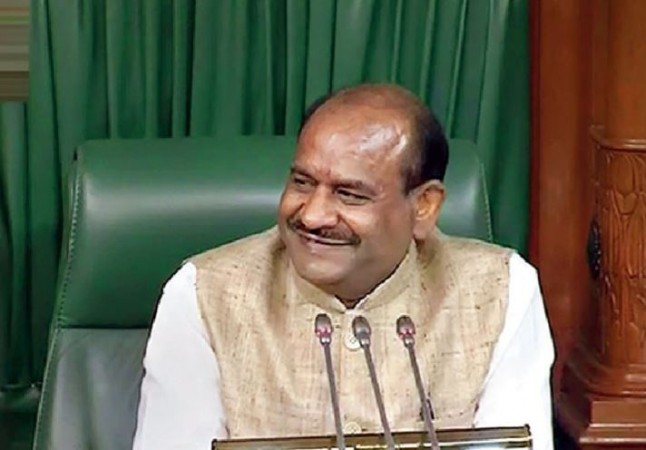
New Delhi: Speaker Om Birla announced on Saturday that the 17th Lok Sabha achieved a record productivity rate of around 97 percent, the highest among the last five Houses of Parliament. Despite facing disruptions amounting to 387 hours, the lower House completed its legislative agenda efficiently. The fifteenth session of the Seventeenth Lok Sabha, which commenced on January 31, 2024, concluded today, marking the adjournment sine die of the House. In his closing remarks, Speaker Birla highlighted the significant achievements of the past five years, emphasizing the historic nature of the Seventeenth Lok Sabha.
During its tenure, the Seventeenth Lok Sabha conducted a total of 274 sittings, spanning 1,354 hours. Notably, the House convened beyond its regular hours for more than 345 hours to fulfill its legislative responsibilities. Speaker Birla underscored the inclusive nature of the House, with active participation from 540 out of 543 members, particularly highlighting the increased representation of women MPs.
The Seventeenth Lok Sabha passed a total of 222 bills, introduced 202 bills, and withdrew 11 bills. Among the landmark legislations enacted were the Nari Shakti Vandan Bill, 2023, which garnered bipartisan support, and significant bills such as the Jammu and Kashmir Reorganisation Bill, Bharatiya Nyay Sanhita, and Digital Personal Data Protection Bill, among others. Additionally, outdated pre-independence era bills were repealed, and three constitution amendment bills were passed during this term.
In terms of parliamentary inquiries, 4663 starred questions and 55,889 unstarred questions were addressed, alongside the introduction of 729 Private Members' Bills and laying of 26,750 papers by ministers. The House also witnessed active participation during Zero Hour discussions, with a record number of matters raised under Rule 377 and Zero Hour sessions.
Speaker Birla highlighted several innovations adopted during the Seventeenth Lok Sabha, including the implementation of PRISM, Briefing Sessions for MPs, digitization of proceedings, and the introduction of a mobile app for enhanced parliamentary engagement. The House also made significant strides in leveraging digital technology for parliamentary work, with over 97 percent of question notices being submitted electronically.
Furthermore, stringent austerity measures were implemented, resulting in savings of approximately Rs 875 crore. Measures such as the abolition of canteen subsidies and the merger of Lok Sabha TV and Rajya Sabha TV contributed to significant cost reductions. The active engagement of parliamentary delegations, both inbound and outbound, underscored India's growing influence and stature on the global stage.
Overall, the achievements of the Seventeenth Lok Sabha reflect a commitment to parliamentary efficiency, transparency, and accountability, setting a benchmark for legislative bodies worldwide.
UP CM Yogi Adityanath and MLAs to Visit Ayodhya Today, Prepare for Darshan of Lord Ram Lalla
'We might be poor but not dishonest..', Jitanram Manjhi's Stand on Bihar Floor Test
"We will repeal the anti-corruption law when we come to power," says Congress leader Chidambaram